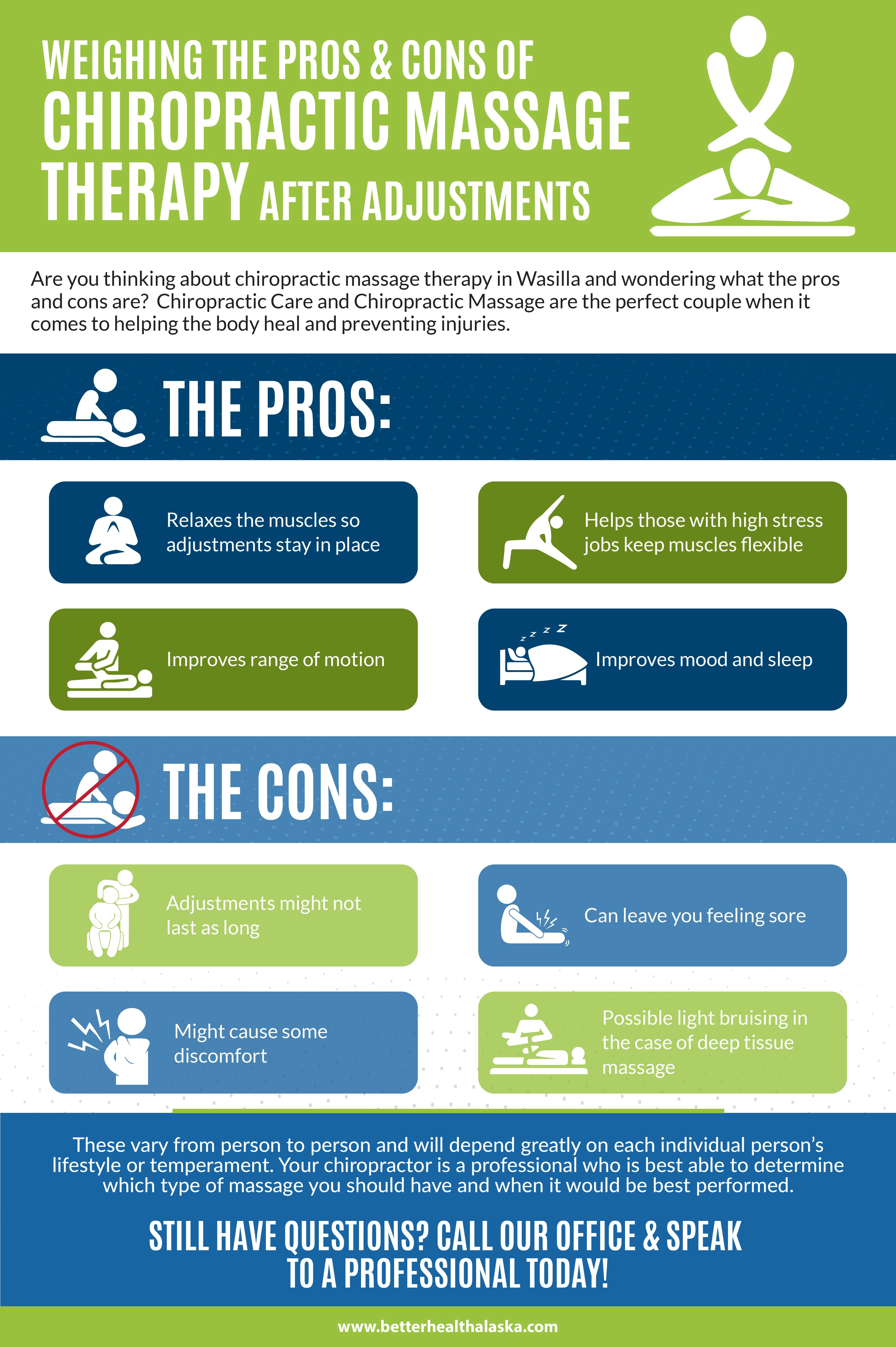Are Chiropractic Care Adjustments Compulsive? Distinguishing Reality From Misconception
Are Chiropractic Care Adjustments Compulsive? Distinguishing Reality From Misconception
Blog Article
Content Develop By-Brennan Stampe
You may have listened to that chiropractic care changes can lead to a habit forming dependency, but that's a common misunderstanding. Lots of people find alleviation without developing any type of kind of addiction. It is necessary to comprehend truth objective of these modifications and just how they suit your general wellness strategy. So, just what does the scientific research say about chiropractic treatment and your health? Let's discover Read A lot more .
Recognizing Chiropractic Adjustments and Their Purpose
When you think about chiropractic modifications, it's vital to comprehend their objective and how they work. These adjustments aim to correct misalignments in your back and joints, advertising better alignment and motion. By using controlled pressure to specific locations, chiropractic practitioners aid alleviate discomfort, enhance function, and boost your total wellness.
Chiropractic care focuses on your body's ability to recover itself, stressing the connection in between the back and the nervous system. When back diseases is straightened, it can decrease nerve disturbance, allowing your body to function efficiently.
Routine modifications may additionally help stop future concerns, keeping you active and pain-free. Ultimately, chiropractic modifications offer to support your health, improve flexibility, and enhance your lifestyle.
Common Myths Concerning Dependency and Chiropractic Care Care
Many individuals hold mistaken beliefs about the connection in between chiropractic treatment and addiction therapy. One usual misconception is that chiropractic care adjustments create an addiction-like reliance. In truth, several individuals find remedy for pain and pain, however this does not indicate they create an emotional or physical dependency.
An additional misconception is that chiropractic doctors are simply attempting to keep you returning for more modifications. Most chiropractic doctors prioritize your health and go for long-lasting wellness instead of frequent brows through.
Additionally, some think chiropractic treatment can replace conventional addiction therapies, but it needs to match, not replace, evidence-based treatments. Recognizing these myths can assist you make notified selections regarding your wellness and wellness without falling target to false information.
The Science Behind Chiropractic Care Adjustments and Client Experience
While some might examine the efficacy of chiropractic changes, a growing body of research study sustains their function in alleviating discomfort and boosting overall feature.
Research studies indicate that spine manipulation can minimize pain from problems like reduced back pain, stress migraines, and neck discomfort. When you undertake chiropractic care, the adjustments aim to bring back correct positioning, enhancing your body's natural healing abilities.
Several clients report enhanced flexibility and a higher feeling of wellness after therapy. In you could check here , the therapeutic connection you construct with your chiropractic specialist can enhance your experience, as they offer individualized care customized to your requirements.
This mix of scientific backing and positive patient experiences helps clear up why chiropractic adjustments are effective for many individuals seeking relief.
Conclusion
Finally, chiropractic adjustments aren't addicting; they're designed to improve your health and promote proactive health maintenance. By unmasking the myths surrounding reliance, it's clear that these treatments can provide significant relief without producing a cycle of addiction. Accepting chiropractic treatment as a corresponding approach to standard therapies can result in better wellness end results. So, if back muscles pain taking into consideration changes, rest assured that they have to do with boosting your quality of life, not producing a dependence.
